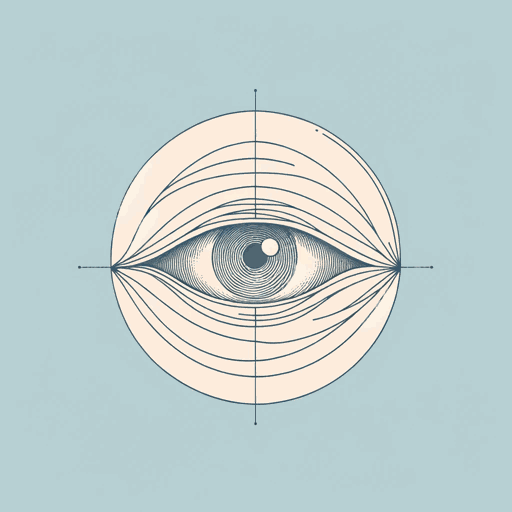37 pages • 1 hour read
George BerkeleyA Treatise Concerning the Principles of Human Knowledge
Nonfiction | Book | Adult | Published in 1710A modern alternative to SparkNotes and CliffsNotes, SuperSummary offers high-quality Study Guides with detailed chapter summaries and analysis of major themes, characters, and more.
Part 1, Sections 85-96Chapter Summaries & Analyses
Part 1, Sections 85-96 Summary and Analysis
Berkeley now considers some consequences of the principles he has outlined. First, he declares that many philosophical difficulties disappear when his ideas are accepted. For generations philosophers have struggled to answer questions like “whether corporeal substance can think; whether matter be infinitely divisible; and how it operates on spirit” (64). In particular, a few generations before Berkeley, René Descartes emphasized the problem of how spirit and matter or soul and body interact. Once we accept that matter does not exist, this ceases to be a problem. Indeed, Berkeley goes go on to argue that his system solves many important philosophical problems, notably the problem of skepticism.
His principles lead us to conclude that human knowledge consists of two categories. However, they are not the categories commonly conceived by modern philosophers. The errors of skepticism proceed, according to Berkeley, from the mistaken principle that the two categories of knowledge are things and ideas. Berkeley proposes, instead, that the two categories are ideas and spirits.
Skepticism assumes that material things exist external to our perception and that we conceive ideas about them by perceiving them. Material things are real, and our ideas about them are only real or true insofar as they conform to the truth of material things.
Related Titles
By George Berkeley


